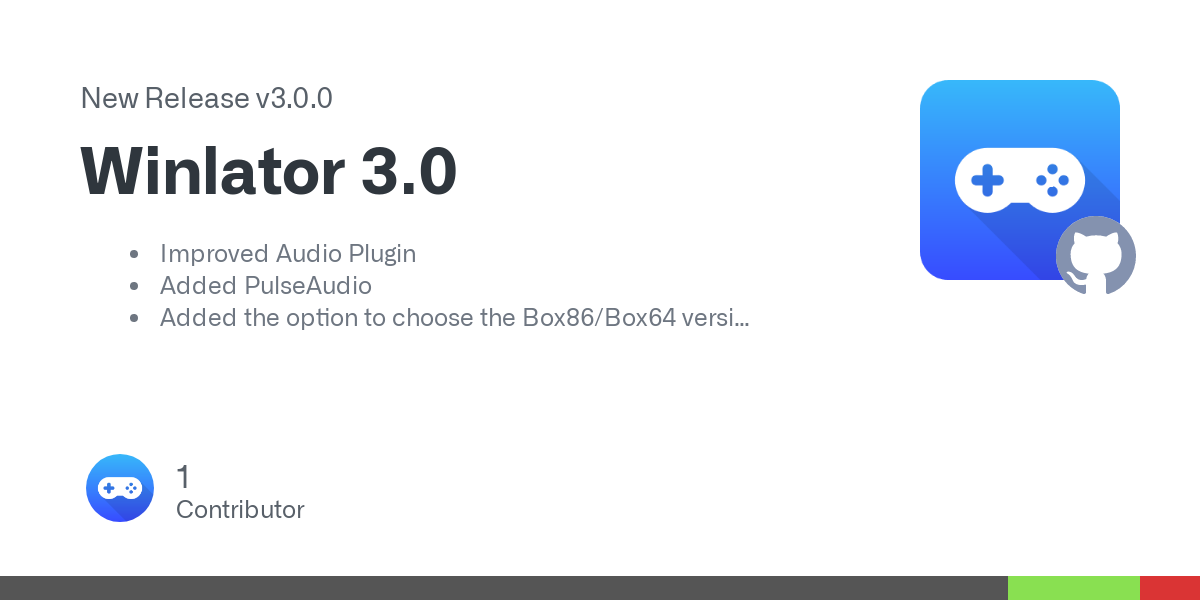Winlator is an Android application that lets you to run Windows (x86_64) applications with Wine and Box86/Box64.
Version 3.0 Changelog:
- Improved Audio Plugin
- Added PulseAudio
- Added the option to choose the Box86/Box64 version
- Added the option to choose the Turnip version
- Added Custom resolution option
- Improved Input Controls
- Improved Lock Cursor option
- Added Task Manager to main menu
- Updated OBB Image to version 3
- Other bug fixes and improvements



That may be the case, but I wasn’t thinking about third world countries.
Yes if it’s impossible for you to buy one that’s a different thing, you are doomed to inconvenience and that’s sad, but if you can find the money for it, even if only after saving for 1-2 years for used hardware that you put into a half-decent case, it’s still much better. I would definitely do that as I have the thought of only having a phone that is only smart enough to mine the
shitdata our of me, but otherwise very inconvenient and almost useless for daily things.I have recently bought a decent laptop with touchscreen and pen, it was cheaper than a lot of phones.
Yes this is not a desktop, but can be made into one as it runs regular Linux, has normal USB ports and support for external display.
Another reason I don’t agree (or like it in case it will become true) that desktops will die out is that there are certain tasks really don’t work and will never work on phones: programming and other more involved and serious things. The phone is very small to fit all the the tool buttons you’ll use (especially with today’s bulky space wasting design where margins are everything), and the keyboard will hide half or more of the screen when opened. How do you see through what you have done so far? You don’t.
Another thing: I truly believe that for free communication that is not continuously analyzed by god-complex billionaires and their companies, more people needs to run peer to peer based software on some kind of device they own. It shouldn’t be rare anymore for that to happen. That won’t work with phones and portables: continous wireless traffic and such eats the battery. These P2P apps will need something that can be always online instead of them, so that they can work with acceptable resource usage.
Desktops are a good choice for both of these purposes, even more if set up to conserve power by turning off the graphics processor and such when they are not needed.